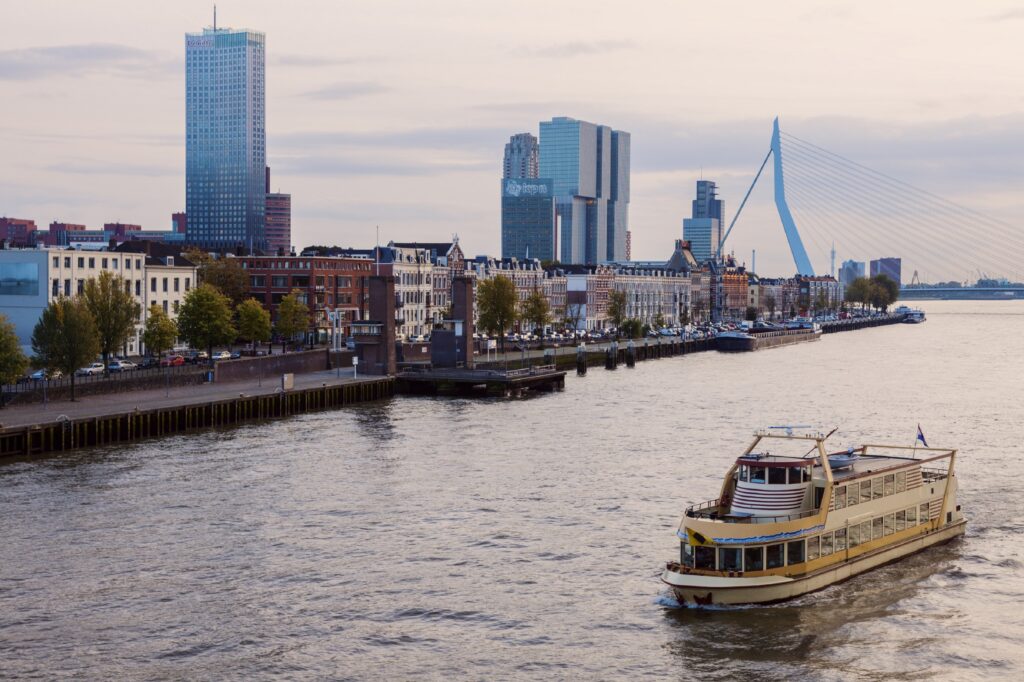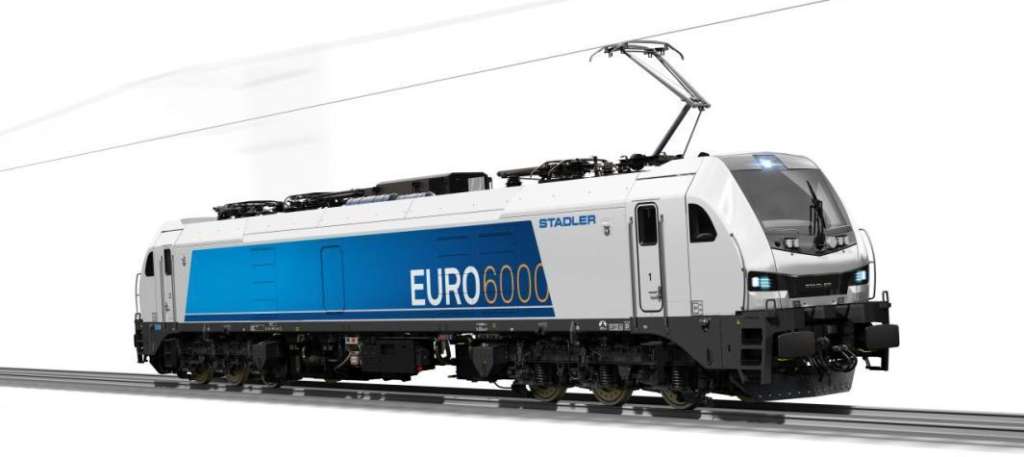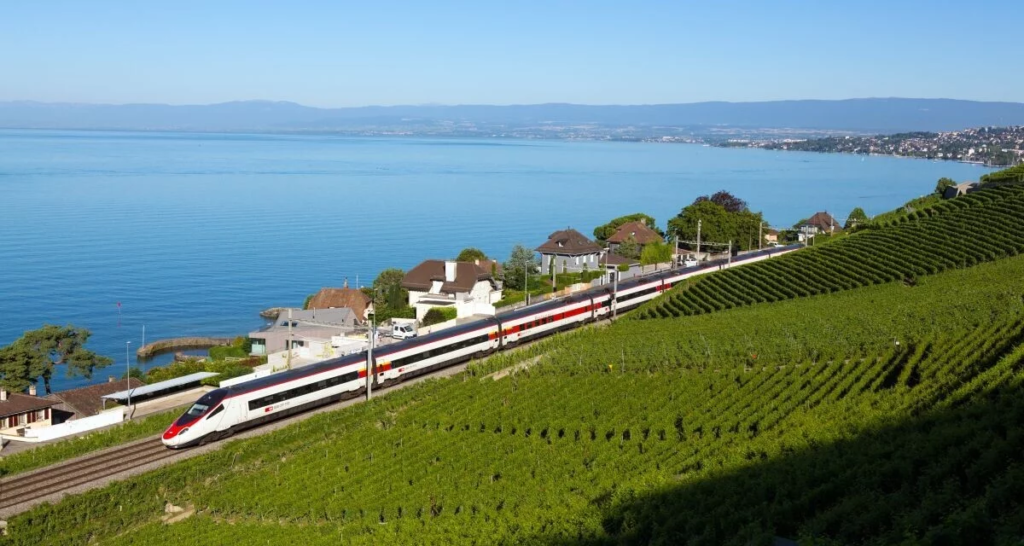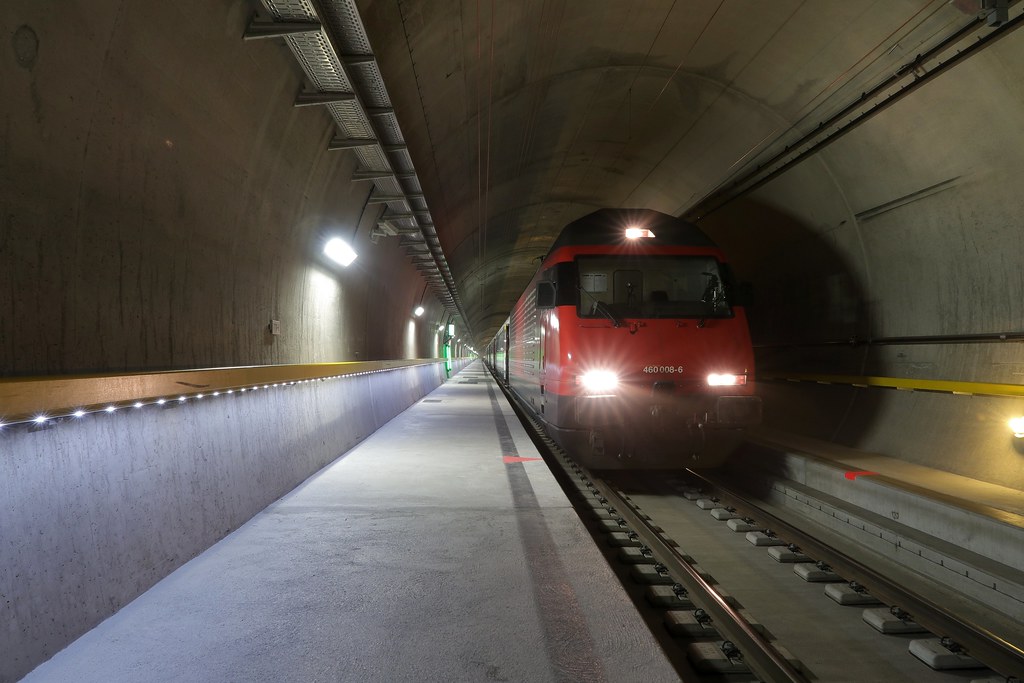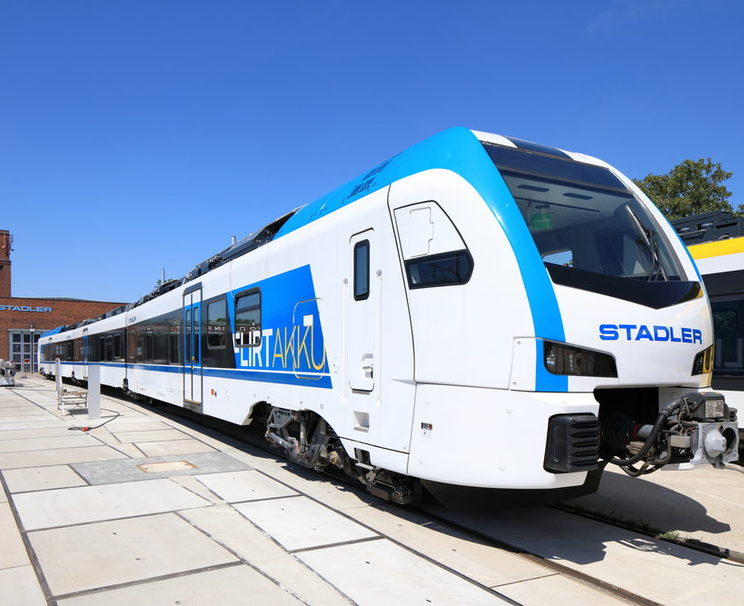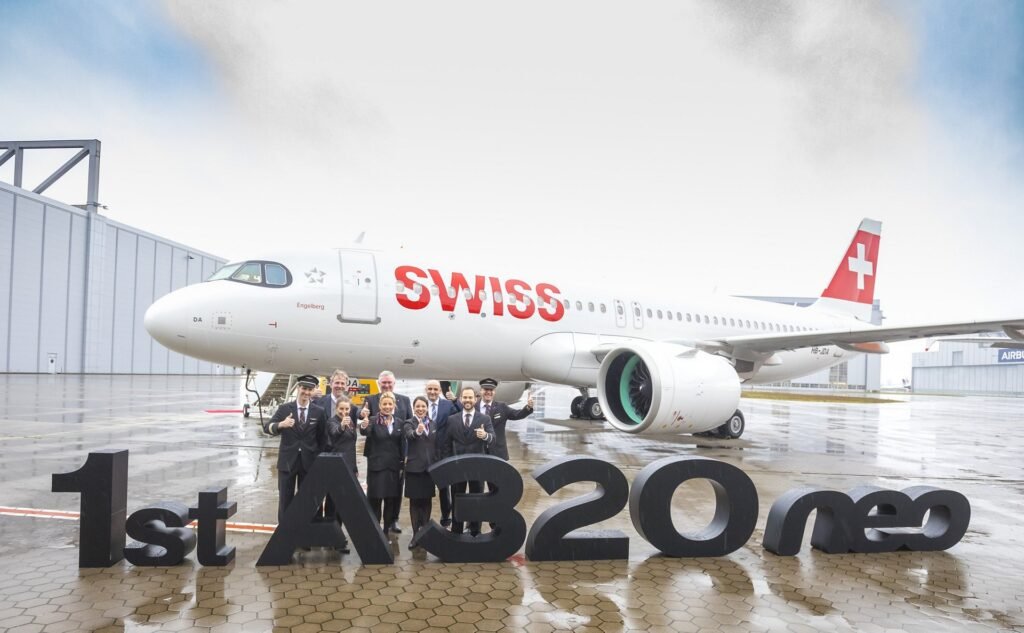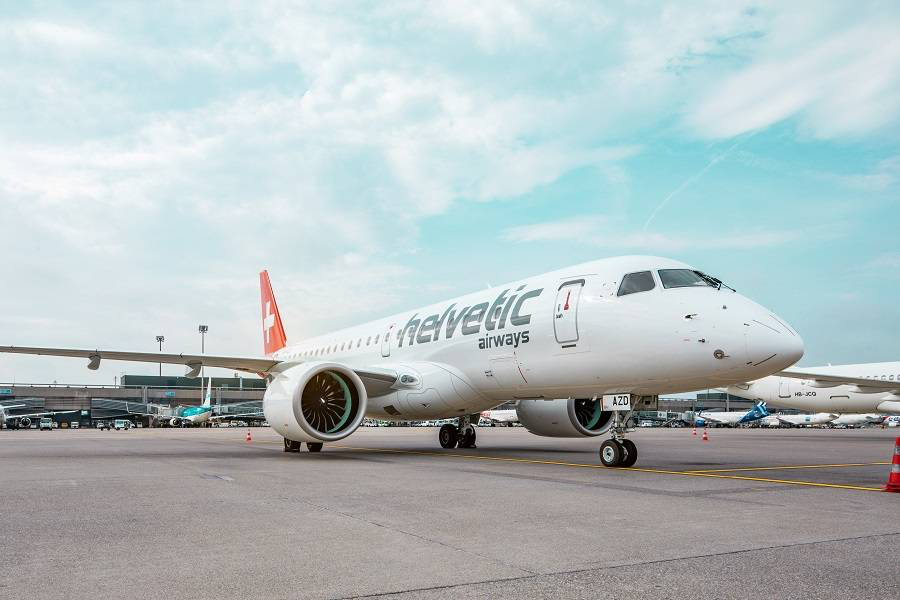SBB transports more passengers than ever before
Story by SBB Bern, Switzerland, March 7, 2025 - Never before had Schweizerische Bundesbahnen (SBB), transported as many passengers as it did in 2024: every day, 1.39 million passengers travelled on SBB’s long-distance and regional…

